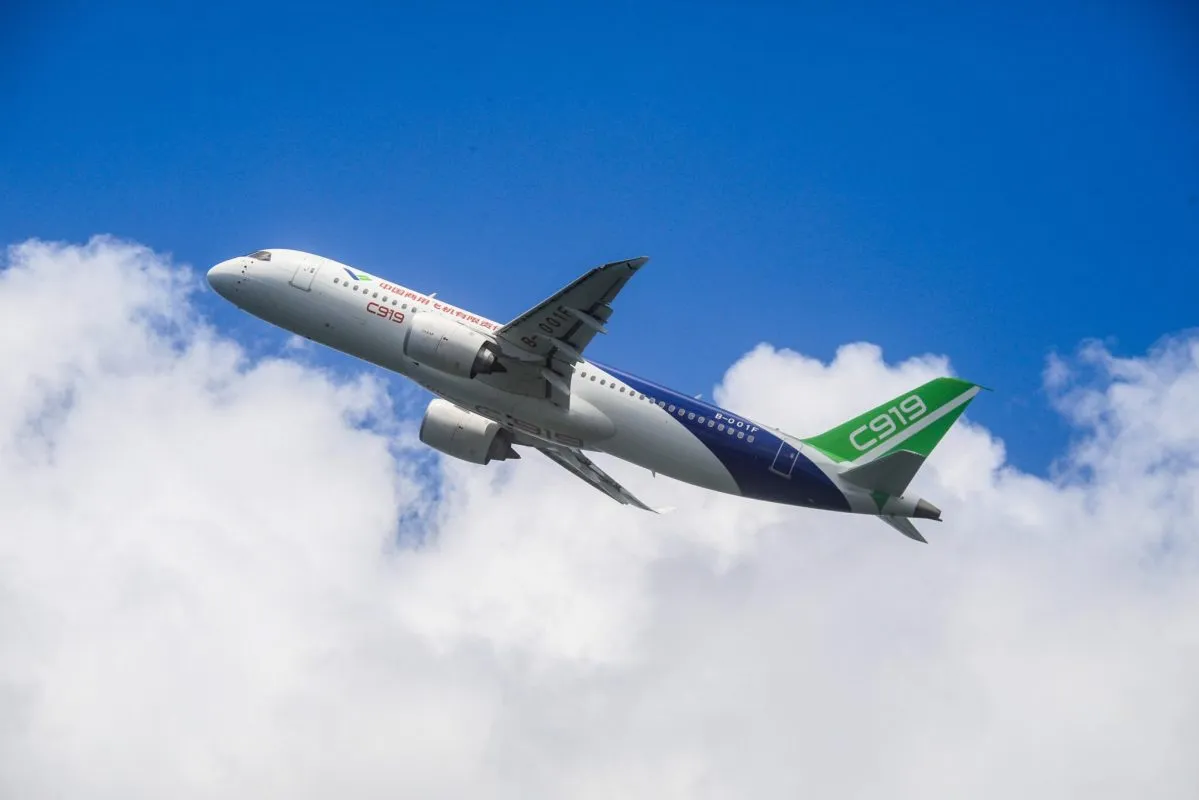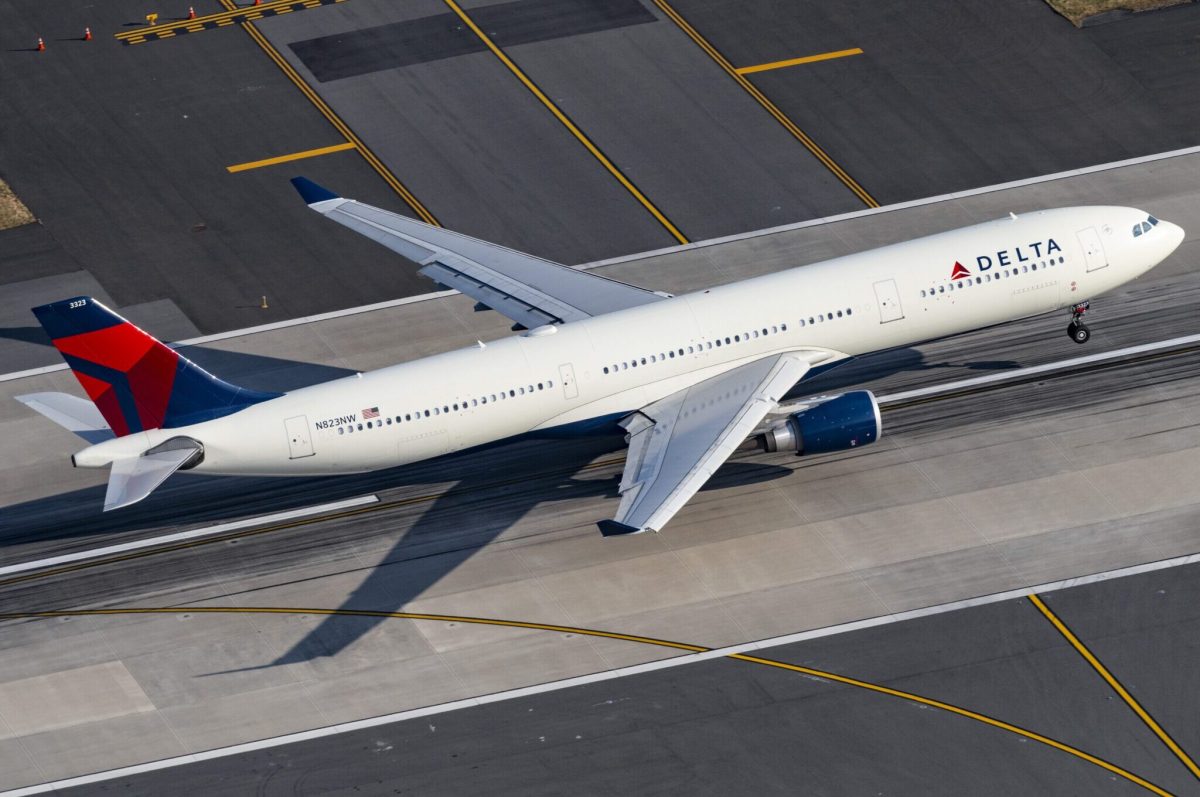U.S. Amusement Parks Make a Long-Term Bet on Season Passes After Standstill Year

Skift Take
June is the month when amusement parks typically fill up with the screams of riders on roller coasters. But executives at major U.S. park operators are holding on tight, waiting to see how many visitors return. They're also playing a long game by moving from sales for day tickets to season passes — with the hope that customers see the greater value there.
During recent earnings calls, executives at major attraction operators voiced cautious optimism about summer 2021. They believe a lifting of many pandemic restrictions and a strong economy could bring families back to their roller coaster rides and other thrills. But the recovery may still be gradual for the large operators such as Disney, Six Flags Entertainment, Comcast (owner of Universal Orlando), SeaWorld Entertainment, and Cedar Fair.
Exhibit A is SeaWorld. Like most operators, it had to keep its parks closed or operating with social distancing restrictions, mask requirements, and temperature checks for most of 2020 and early 2021.
Recovery has been gradual. By March, SeaWorld had 10 of its 12 parks open. In the first three months of 2021, its parks had a turnstile count of 2.2 million guests. That represented a decline of a third from the same period in 2019. The company suffered a net loss of $44.9 million in the quarter on revenue of $172 million.
After becoming SeaWorld CEO last month, Marc Swanson told investors he felt positive about the rest of the year.
"We see we are getting pricing power," Swanson said.
Betting on Season Passes
Theme parks are cyclical businesses that benefit when families feel flush with cash. Today's surging U.S. economy benefits families that have kept their jobs, and many of these families will visit the parks.
The buzz in the parks, however, may be short-lived. Looking ahead, many amusement parks need to convert more one-off visitors into season pass holders if they would like a profitable future.
Successful season pass programs will make it more likely companies can pursue growth through new rides, hotels, and acquisitions. And parks are a good local option for customers who feel pent-up but who are still unwilling to go far.
Some might think that, after a crazy year, families and teens would be reluctant to trade up from single-day tickets to season passes. Yet the companies report overall growth in the pricing and sales of season passes. Six Flags, for example, had "higher realized ticket yields for both single day and from the active pass base," according to an analyst report at Wedbush. Cedar Fair saw a strong and increasing sale of season passes and other all-season products early this year, Wedbush said.
SeaWorld illustrates the point on season passes.
"At the end of April, our pass base was only down approximately 3 percent compared to April of 2019," Swanson said. "We're also seeing a higher mix of premium passes in our pass base, as our pass holders continue to recognize the value and benefits of our higher-tiered products. Additionally, we continue to see the impact of our pricing strategy taking hold, with stronger realized prices on our pass sales versus 2019 and 2020."
SeaWorld and other attraction operators are attempting to cash in on the popularity of subscription models. Ski operators have had early success with this, and companies such as Vail Resorts have persuaded many skiers to buy season passes rather than single-day tickets.
Season passes solve two problems. Bad weather usually depresses one-off sales, but a season pass encourages people to come back on a better weather day. Season passes also generate repeat business, and parks can profit by charging top dollar for food and souvenirs.
Six Flags currently gets 63 percent of attendees from paid memberships and season-pass holders. That is up from half in 2014, said a report by Wells Fargo Securities. At Cedar Fair, 53 percent of its attendance came from season-pass holders in the pre-pandemic year of 2019.
The drive to get people to sign up for passes is important. Attractions operators are in an awkward spot as they try to cope with some broader trends reducing attendance. Their market of customers isn't growing fast enough. The overall number of possible customers, mainly teenagers and young families, has been stagnating demographically.
The U.S. sector was already a "mature" market before the pandemic hit. Worldwide, 521.2 million people visited theme parks, water parks, and attractions in 2019, with the world's top 10 largest attraction groups enjoying a 4 percent annual growth rate, according to the TEA/AECOM Theme Index. Asian companies like OCT, Chimelong, and Fantawild had the highest growth, while U.S. parks saw attendance remain essentially flat.
Labor costs remain an issue.
Like other theme park companies, SeaWorld has seen inflationary pressures in its wage costs because of a tight labor market.
But similar to other operators, Swanson said SeaWorld would be able to eventually counterbalance the labor price hikes with its increased use of automation and greater savviness of extracting revenue from customers.
A recovery to 2019 levels isn't likely for at least a year or two for the sector overall, according to International Theme Park Services, a consultancy.
But individual operators may surprise.
"We're optimistic about the upcoming summer season, and we expect that our parks will return to a more normalized operating environment as the year progresses," Swanson said, expecting SeaWorld to do better than the 2019 full-year attendance level.





